
- Article
- Article
Why do victims become violent?
Witnessing both overt violence and coercive control can cause invisible harm to children. But preventing them from repeating that behaviour in the future remains a challenge.

- Article
- Article
This is what changed my approach to interior design
An interior designer examines how emotions and cognitive activity influenced her designs, and argues that spaces reflect the people within.
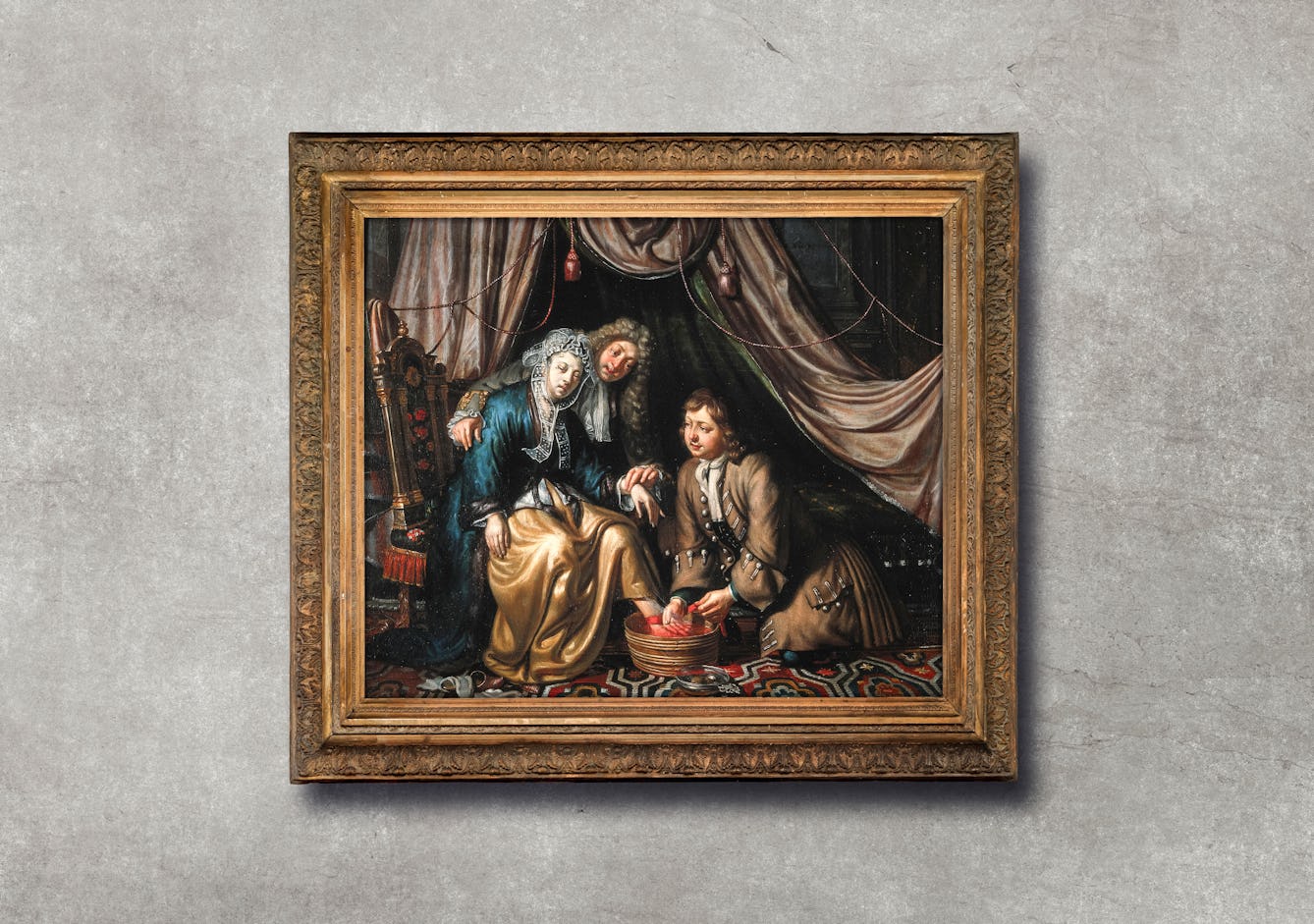
- Article
- Article
Bleeding healthy
For thousands of years, and in many different cultures, people have practised bloodletting for health and medical reasons. Julia Nurse explains where and when bleeding was used, how it was done, and why.

- Article
- Article
Disability, education and prejudice
In the 1960s and 1970s, thalidomide survivors had to fight for a proper education. If they weren’t brought up in institutions, they were often viewed as objects of curiosity, encountering verbal and sometimes physical abuse, both at school and in the world beyond.

- Article
- Article
Rocking psychiatry with R D Laing
Turn on, tune in, drop out. Discover how six rock songs from the 1960s and 1970s link the ideas of famous therapist R D Laing with the era’s counterculture.

- Article
- Article
A brief history of tattoos
The earliest evidence of tattoo art dates from 5000 BC, and the practice continues to hold meaning for many cultures around the world.

- Article
- Article
The painter, the psychiatrist and a fashion for hysteria
A dramatic painting brings a famous event in medical history alive. But it also tells a tale about the health preoccupations of the time.

- Article
- Article
The problem of the punctured heart
During World War II a young American surgeon working in England perfected shrapnel-removal techniques that saved dozens of lives. Discover how one case sealed his reputation as the founder of cardiac surgery.

- Article
- Article
Leaving Mexico and finding refuge in hope
In Mexico, violence of all kinds – organised, street, domestic – is accepted as normal. From the UK, Laura Morales speaks out and fights to help those suffering back home.

- Article
- Article
Pain and the power of activism
Today, women with endometriosis have more access to better information than ever before. Jaipreet Virdi applauds the shared stories, online communities and self-help books empowering women in pain.

- Article
- Article
How the magician’s assistant creates the illusion
Without breaking the spell, performer Naomi Paxton reveals the subtle ways the magician’s assistant helps the audience to keep believing.

- Article
- Article
How writing helps me manage schizophrenia
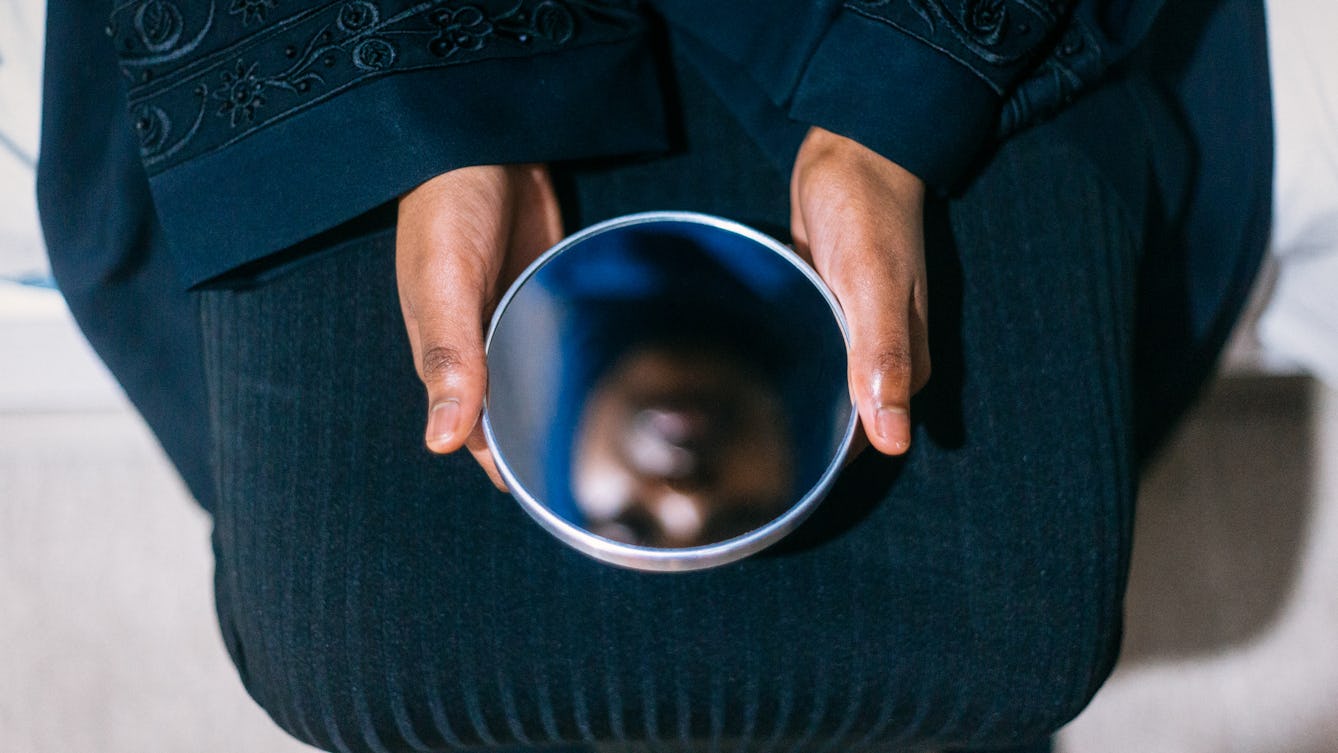
- Article
- Article
Colonialism and the origins of skin bleaching
The widespread practice of skin bleaching was heavily influenced by the Western colonisation and slavery of African and South Asian countries. Ngunan Adamu explores this toxic history.

- Article
- Article
Printing the body
The 18th century saw multiple technical developments in both printing and medicine. Colourful collaborations ensued – to the benefit of growing ranks of medical students.
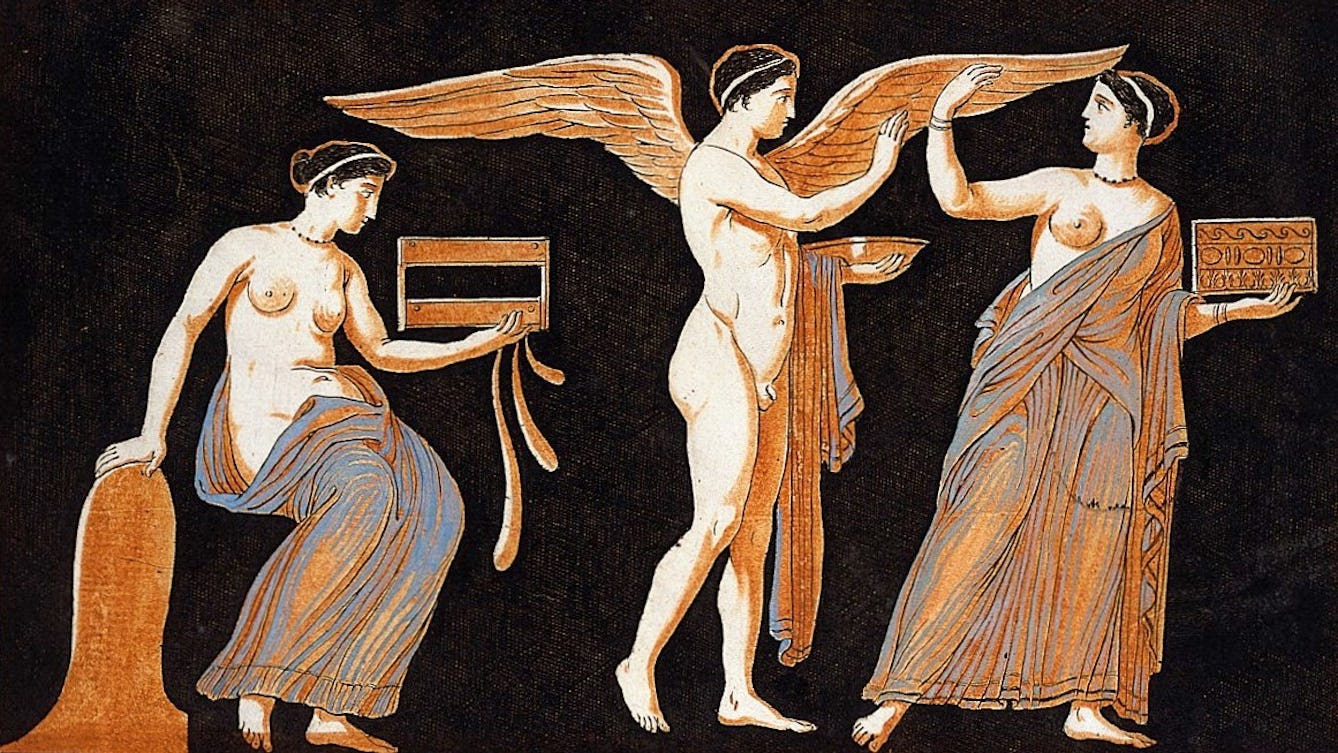
- Article
- Article
Genius spirits and the mystery of creative inspiration
Once upon a time, we all had a genius.
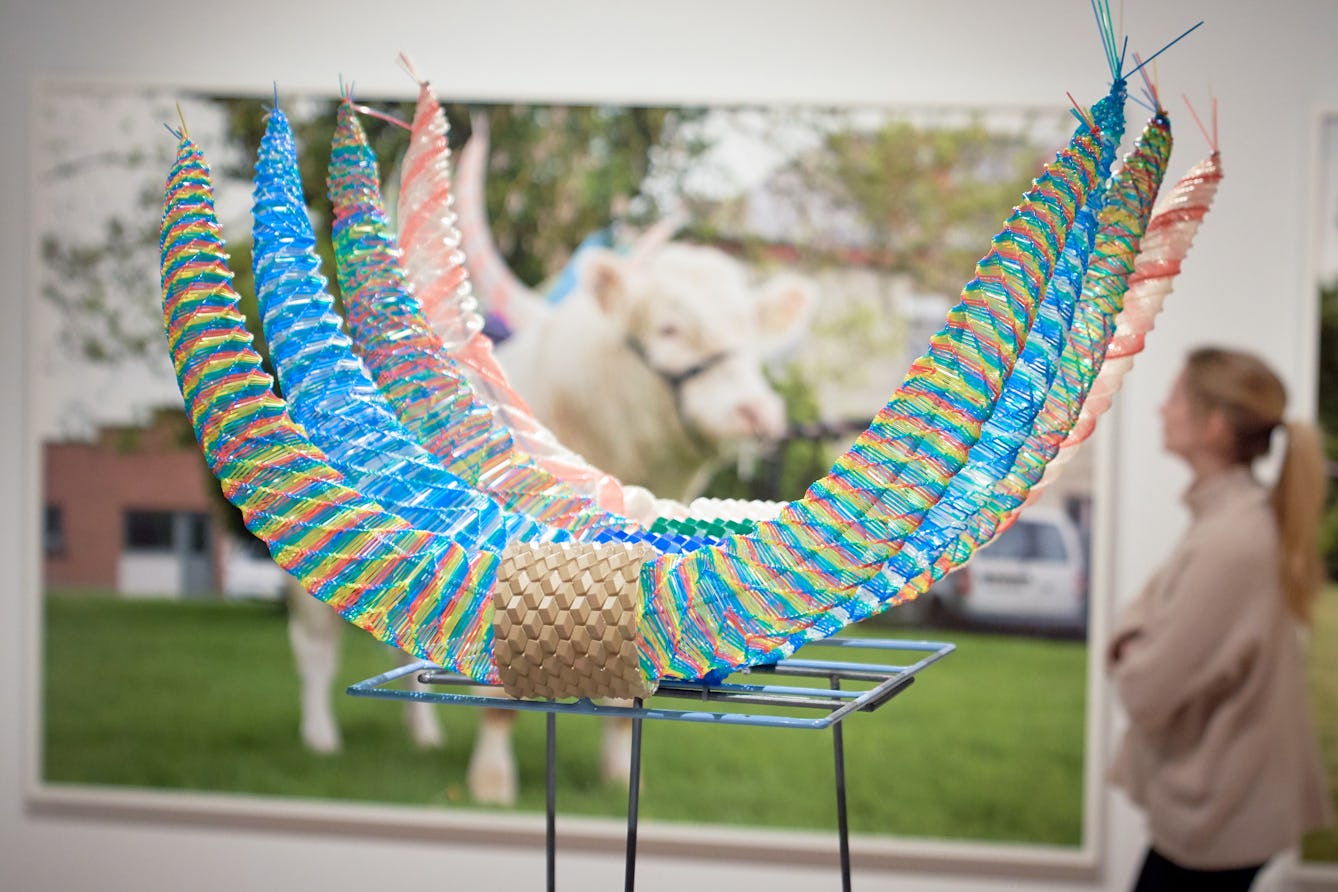
- Article
- Article
Maria McKinney on ‘Sire’
All my grandparents were farmers; I grew up in the countryside surrounded by farms and helped neighbours herd sheep and cattle into the field. My body of work called ‘Sire’ looks at the genomics of modern cattle breeding.

- Article
- Article
Eugenics and the welfare state
Indy Bhullar explores the ideas of William Beveridge and Richard Titmuss, who were strongly influenced by eugenic thinking, and yet championed the idea of the welfare state.

- Article
- Article
The secret lives of Britain’s first Black physicians
Dr Annabel Sowemimo explores the web of connections between early Black British doctors, the role of empire in West Africa and the pernicious reach of scientific racism.

- Article
- Article
The pill, autism and me
Realising that her contraceptive was having a negative effect on her mental health, Catriona Reid saw her concerns dismissed by doctors. As an autistic woman on the pill, she was not an anomaly, but has often been made to feel like one.

- Article
- Article
Devilry and doom in 1666
Disastrous events and a significant combination of numbers signalled the end – or perhaps a new beginning – in 1666. But for some, this feverish period fuelled unprecedented inventiveness and development.

- Article
- Article
Shame, condemnation and conscience
Where does shame comes from and what fuels it? Lucia Osborne-Crowley explores audience, gender and the difference between shame and guilt, asking if either can ever be useful.

- Article
- Article
Dementia playlists and musical memory
Listening to the right music can provide both solace and pleasure for someone with dementia, helping them to reconnect with the world around them. Grace Meadows makes the case for more music in dementia care.
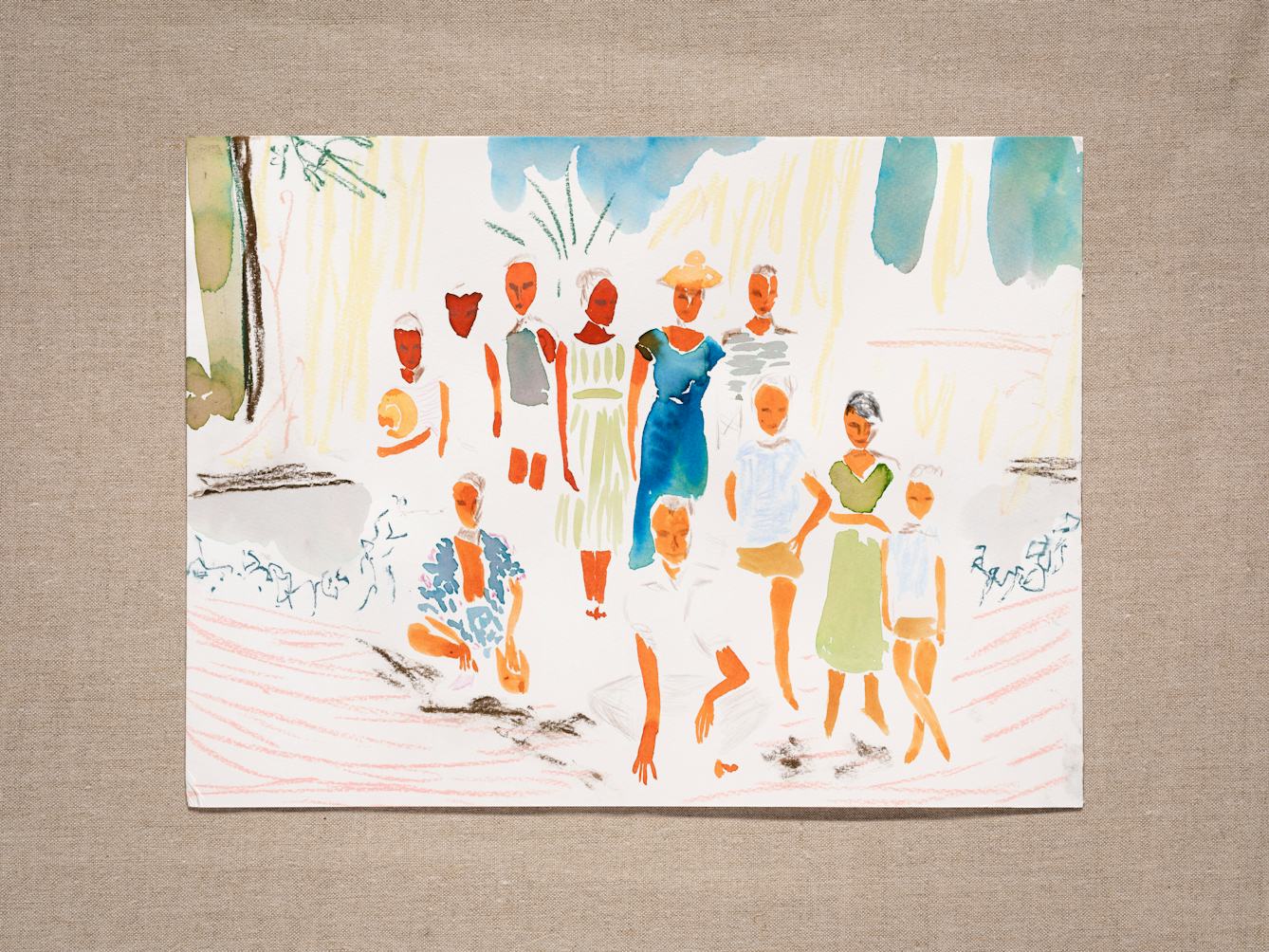
- Article
- Article
The house of Joan
The longueurs of hospital stays and enforced inactivity were the spur to Joan’s precise tailoring skills and flamboyant creations, all to the benefit of her fashion-loving sisters.
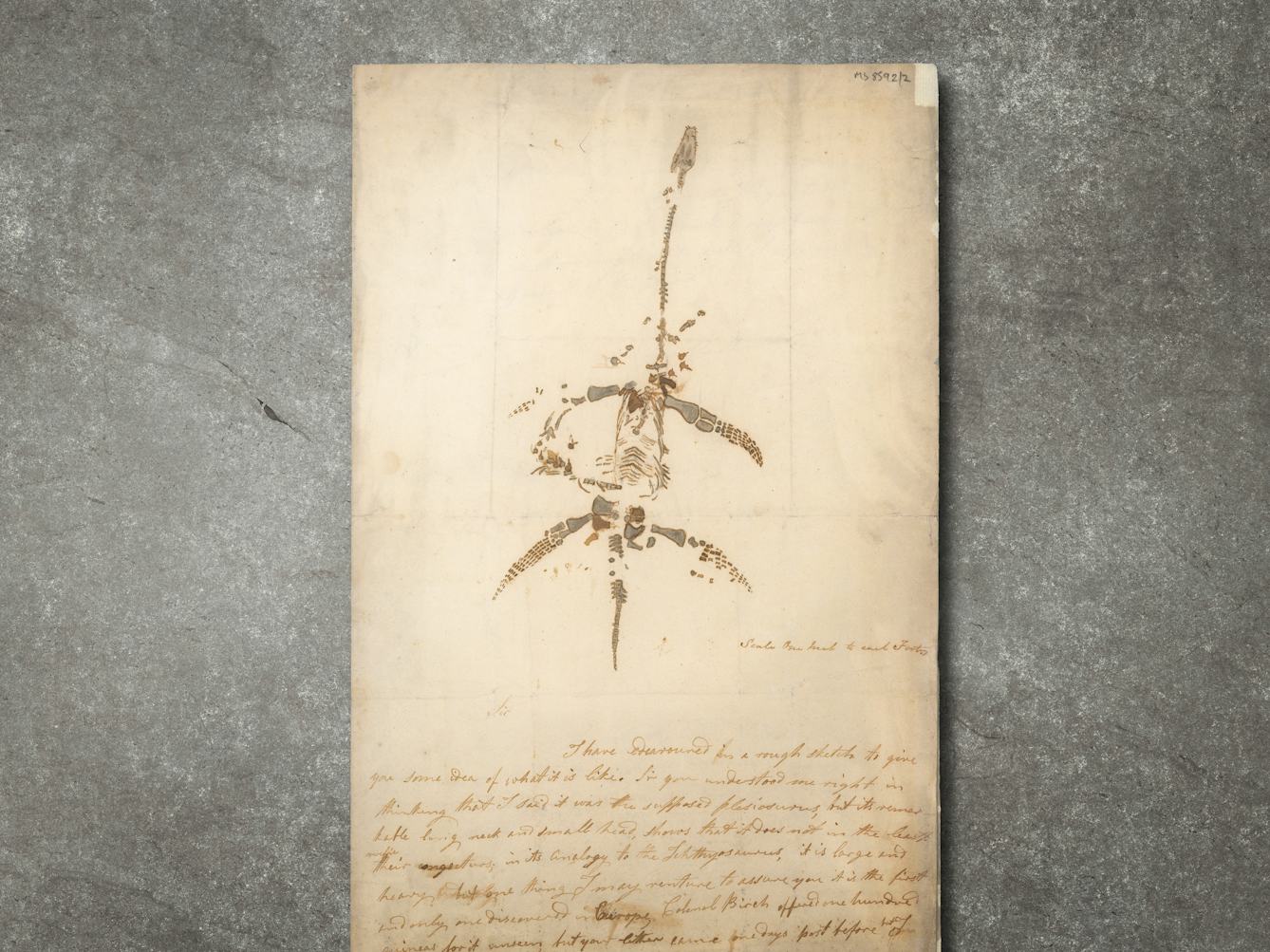
- Article
- Article
Would you like to buy a dinosaur?
Two remarkable letters and a drawing of a plesiosaur by Mary Anning offer a tantalising portal into the exciting world of fossil hunting and discovery of the 1800s.
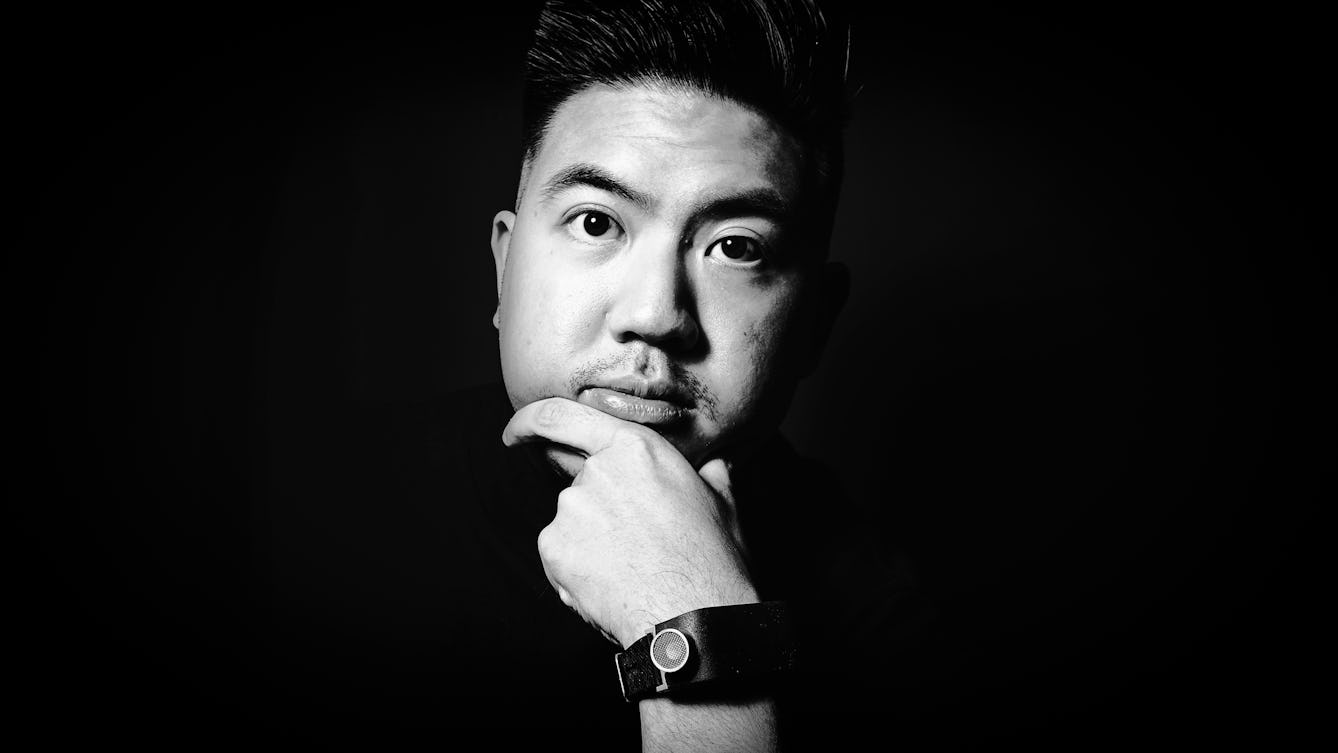
- Article
- Article
Navigating in a connected world
Alex Lee ponders the promising ideas, stalled projects and pricey gadgets that aim to help visually impaired people get out and about. But it seems that an actual human could be the essential ingredient.